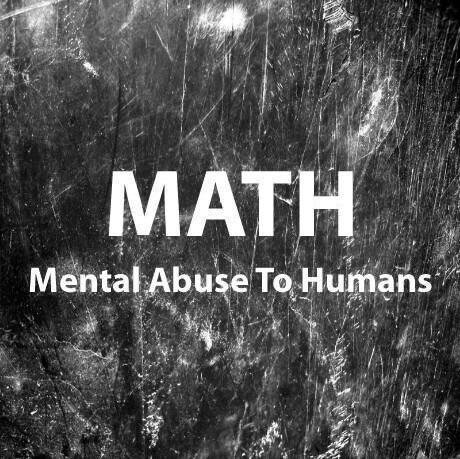Sign up for my FREE parent tips email and get my FREE Ebook on college financing!
Math– not my favorite subject. The words fraction, parallelogram, and xy coordinates strike fear and panic in the hearts of most parents. But believe it or not, according to a recent survey, 42% of adults believe that math was the most valuable subject they studied in school. It might also surprise you to learn that 70% of middle school students said they liked math. That’s an encouraging statistic, especially since STEM (Science, Technology, Engineering and Math) graduates are sought after and students are recognizing the future in these careers.
Why is math so important?
Student: I hate math. I just don’t see why I have to learn it. I’ll never use it after I graduate.
Mom: I hate math too. I never understood it and I never used it after high school.
WRONG. Do the math—you can’t survive without it. Everything we do revolves around facts and figures. If you don’t know the basics you can’t get by in this world. We use math in our personal lives and in our careers. Math teaches us problem solving skills and how to follow a specific path to get a desired answer. It’s so much more than 2+2=4. Even though most of us dreaded the word problems (and I bet your students do too), these teach us how to use math to find a solution. Math is used in just about every career as well.
Are your student’s math skills good enough for college?
Student: If I can just pass this math course I can graduate and get into college.
Mom: I will be so glad when this year is over. I can’t handle another frustrating night of math homework.
WRONG. Just passing and not understanding the math will not prepare your student for college, let alone the standardized tests. They need to understand the basic formulas and techniques used to solve problems. If they don’t, college will be even more of a struggle. Colleges look for students who are proficient in math and the sciences. Why? Because it demonstrates they have problem solving skills and have mastered difficult subjects.
How do you do the math if you can’t do the math?
Student: I don’t understand the problem and I have no idea how to solve it.
Mom: I have no idea either. Go ask your father.
WRONG. For most of us, basic algebra and geometry left us when we graduated from high school and/or college. When our teens ask us for help, we shake our heads and tell them to ask the other parent who almost always shakes their head as well. If you find yourself in this situation, turn to others for help—teachers, tutors and even online sites. Kahn Academy does a great job of explaining math and uses the videos to walk students through the step by step process. There are online tutoring networks as well. If your student is struggling, get them help before they drown.
Math is here to stay—whether we embrace it or dislike it. You can’t balance a budget, stop at the grocery store, calculate measurements for home improvement projects or determine the shortest driving route without it. The next time your student asks, “Why is math important” go to Google and type the question in the search box. You’ll be amazed at how many people have asked that same question and how many answers you will find.


